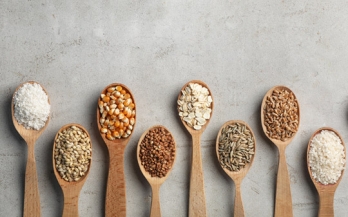

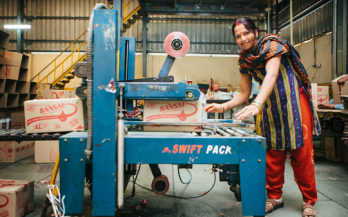
Affordable healthy diets for all: the role of food fortification in a time of pandemic
Online Webinar, Global
The COVID-19 pandemic has disrupted our economies, health and food systems and threatens to deepen the global crisis of malnutrition. Food fortification strategies are an essential part of the nutrition safety net during the COVID-19 pandemic and beyond – helping to restore access to healthy diet when the availability of fresh produce and animal-source foods is limited.
Assessment of GAIN's Large Scale Food Fortification Portfolio
- 24/08/2020
Lack of diversity in many people’s diets means that more than two billion people globally are deficient in at least one micronutrient, which has a transversal impact on individuals, communities, and nations. It is within this context that GAIN’s Large Scale Food Fortification (LSFF) portfolio of projects, which operate both at national and global levels, has been deployed, with the aim of increasing micronutrient intakes through the addition of bioavailable micronutrients (vitamins and minerals) to commonly consumed foods.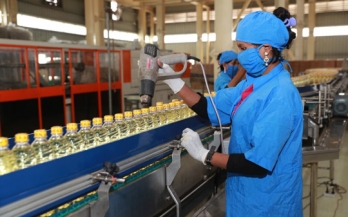
GAIN Working Paper Series 8 - Why do companies fortify? Drivers of compliance with edible oil fortification in Bangladesh
- 21/08/2020
This study responds to earlier findings of suboptimal compliance with mandatory fortification of edible oil in Bangladesh. We aim to explain the root causes of poor compliance and to provide recommendations to strengthen the national fortification programme in Bangladesh and other similar contexts.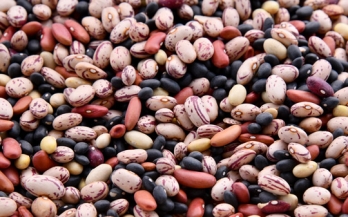
Assessing the Coverage of Biofortified Foods: Development and Testing of Methods and Indicators in Musanze, Rwanda
- 18/06/2020
Biofortification of staple crops has the potential to increase nutrient intakes and improve health outcomes. Despite program data on the number of farming households reached with and growing biofortified crops, information on the coverage of biofortified foods in the general population is often lacking. Such information is needed to ascertain potential for impact and identify bottlenecks to parts of the impact pathway.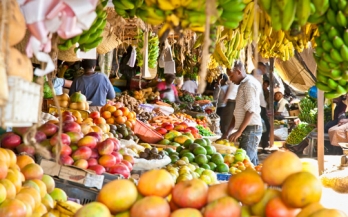
GAIN Working Paper Series 6 - Simplifying dietary assessment the nutrient specific semi quantitative food frequency questionnaire
- 24/06/2020
Dietary intake data are required to design, monitor, and evaluate nutrition programmes and policies; however, current dietary assessment methods are complex, time consuming, and costly. Recently, GAIN developed a semi-quantitative food frequency questionnaire (SQ-FFQ) that can be used in coverage surveys to estimate the amount of fortified and biofortified foods consumed and their contributions to nutrient intakes.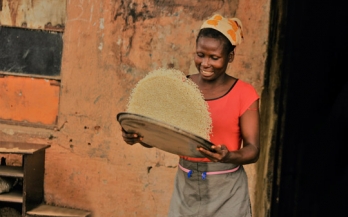
Fortified Foods Are Major Contributors to Apparent Intakes of Vitamin A and Iodine, but Not Iron, in Diets of Women of Reproductive Age in 4 African Countries
- 13/06/2020
Food fortification is implemented to increase intakes of specific nutrients in the diet, but contributions of fortified foods to nutrient intakes are rarely quantified.
Micronutrients in emergencies: how can we prevent an increase in hidden hunger?
Online Webinar, United States
The COVID-19 pandemic is transforming our world. We are seeing rapid changes in areas such as health care delivery, food security, agriculture, and international aid prioritization. In addition to the immediate impact to health and society, the COVID-19 pandemic may result in significant short- and long-term disruptions to food systems.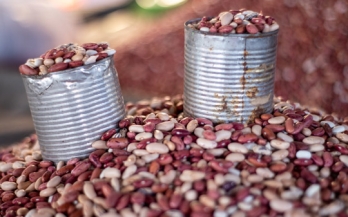
Measuring the household coverage and quantifying nutrient contributions of biofortified foods in Musanze, Rwanda
- 13/05/2020
Information on the coverage and consumption of biofortified foods is critical to assess the performance and potential for impact of programmes. The objective of this study was to develop and test methods for assessing the coverage and consumption of biofortified foods and their contribution to nutrient intakes of children and women of reproductive age.